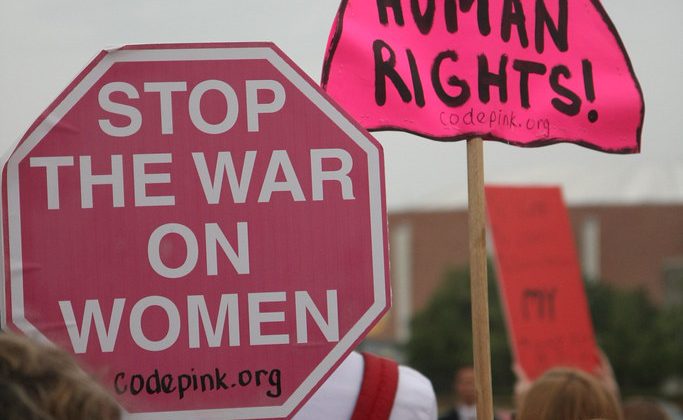
Examining the Legal Implications and Ramifications of the New Bounty-Hunting Texas Abortion Law
By guest contributor Astha Bhattacharya*
Despite a new era of pro-choice feminism overtaking the globe, Texas has passed Senate Bill No. 8, instituting one of the world's most stringent abortion bans. The bill, dubbed the "fetal heartbeat bill," outlaws all abortions after the "first detectable heartbeat." In this piece, I'll take a two-pronged approach to the legislation. First, I'll go over the scientific and medical challenges that the law presents. Then I'll show how the law infringes on women and their globally recognized human and reproductive rights, primarily targeting certain groups of women.
SCIENTIFIC PERSPECTIVE
Science can't say with certainty when an embryo becomes a "human being." Researchers have recognized up to five distinct developmental stages, any of which could be a viable starting place for human life. The fourth step, which is viability, is clearly ascertainable. The point at which a fetus can successfully survive outside of the uterus with medical assistance is known as viability. This is the stage that the...

